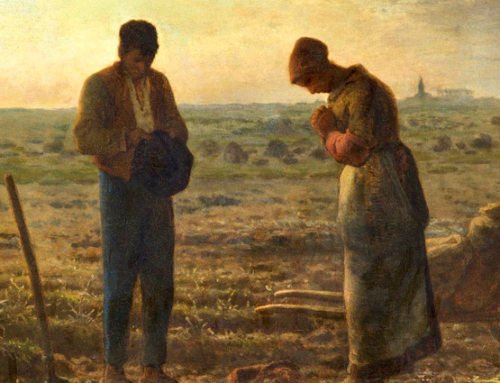The abuse of letter-writing is one of the 25 greatest trials of the epoch. Distance, which used to be a protection, is now done away with. Every one cries out, and insists upon your listening. They write events while they are only happening. People unknown intrude upon your time and take possession of it. Enmities and friendships thousands of miles away scold or caress; one is exacting, another angry, a third lays upon your conscience obligations which he has invented. For a mere nothing—a yes, or a no—idle, gushing people fire off continual notes and insist upon answers. Now this kind of letter-writing exists only because postage is cheap; if such correspondents had to pay twenty-five cents for giving their opinions, they would not give them at all. It is an impertinence also, for though we may like persons well enough to receive from them a visit, or even to return it, it is a very different thing to be called upon to retire ourselves with pen and ink and note paper, and give away time and interest which we are not inclined to give.
—From Maids Wives and Bachelors (1898)
The Imaginative Conservative applies the principle of appreciation to the discussion of culture and politics—we approach dialogue with magnanimity rather than with mere civility. Will you help us remain a refreshing oasis in the increasingly contentious arena of modern discourse? Please consider donating now.
We hope you will join us in The Imaginative Conservative community. The Imaginative Conservative is an online journal for those who seek the True, the Good and the Beautiful. We address culture, liberal learning, politics, political economy, literature, the arts, and the American Republic in the tradition of Russell Kirk, T.S. Eliot, Edmund Burke, Irving Babbitt, Wilhelm Roepke, Robert Nisbet, Richard Weaver, M.E. Bradford, Eric Voegelin, Christopher Dawson, Paul Elmer More, and other leaders of Imaginative Conservatism. Some conservatives may look at the state of Western culture and the American Republic and see a huge dark cloud which seems ready to unleash a storm that may well wash away what we most treasure of our inherited ways. Others focus on the silver lining which may be found in the next generation of traditional conservatives who have been inspired by Dr. Kirk and his like. We hope that The Imaginative Conservative answers T.S. Eliot’s call to “redeem the time, redeem the dream.” The Imaginative Conservative offers to our families, our communities, and the Republic, a conservatism of hope, grace, charity, gratitude, and prayer.
The featured image is “”Le désespoir” (“Despair”) by Marie Bashkirtseff (1858—1884).








Leave A Comment